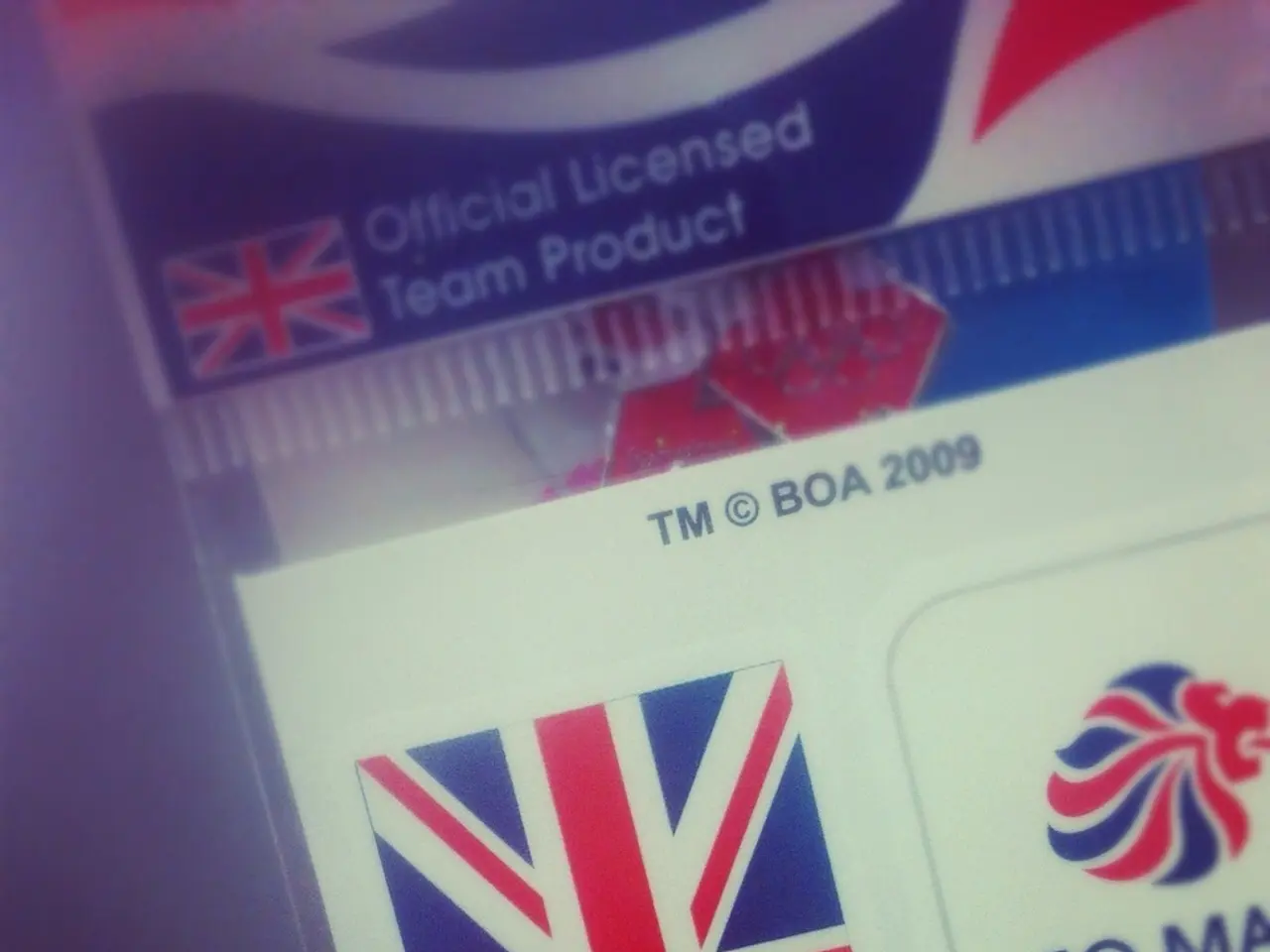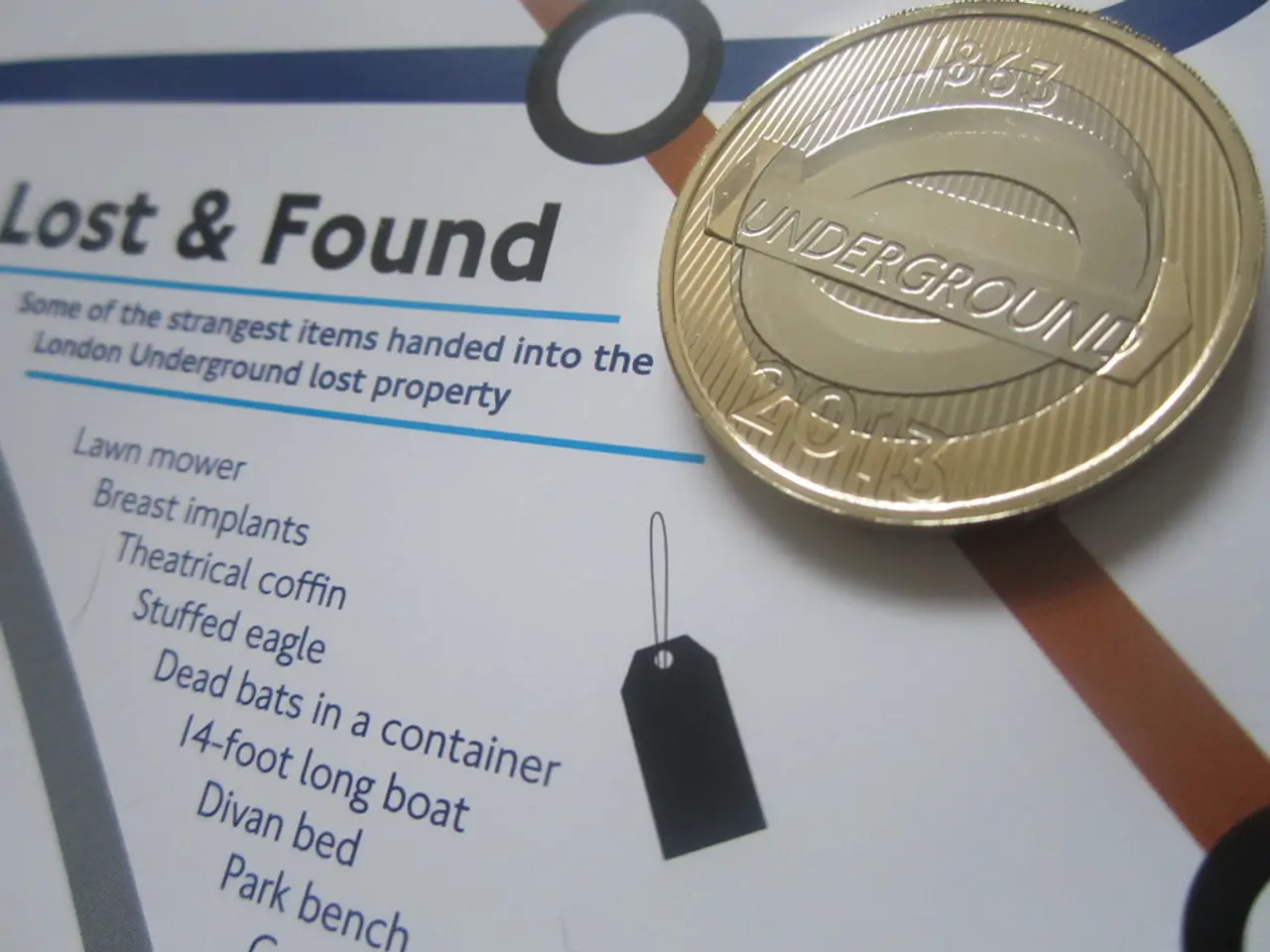Warning Issued About Potential Risks in the Use of International Driving Permits
Portugal, known for its strict adherence to road safety regulations, is under scrutiny as the National Association of Driving Schools (ANIECA) calls for a review of the current decree-law governing the authorization of foreign drivers.
According to ANIECA, the current system may have turned Portugal into an "entry point" for drivers with titles obtained in contexts of lower demand than the Portuguese and European ones. This concern stems from a decree-law that allows driving to those with valid titles in the Community of Portuguese Language Countries (CPLP) and the Organisation for Economic Co-operation and Development (OECD).
However, it is essential to clarify that Portugal does not widely characterize as an "entry point" for drivers with less rigorous training. The country enforces structured procedures for driving license exchange and verification, including requirements for residency, documentation, medical and psychological assessments, and sometimes practical tests depending on the country of origin.
For instance, foreign drivers from non-EU/EEA countries can drive in Portugal for a limited time on their original licenses, often with an International Driving Permit (IDP) recommended. After this period, they must exchange their foreign license for a Portuguese license.
The exchange conditions vary by country. For example, US license holders can drive up to 185 days and then exchange without a driving test for up to two years due to a bilateral agreement, but they still undergo formal exchange procedures involving documentation and medical checks.
Obtaining a Portuguese driver’s license generally requires attending driving school, passing a highway code exam, and completing a practical driving test, indicating systematic competency verification for new drivers.
António Reis, president of ANIECA, emphasizes the importance of not sacrificing road safety in the name of administrative convenience or the pressure of economic sectors. He urges for a robust, transparent, and equitable system to protect human life and justice in access to driving.
ANIECA also proposes the obligation of professional training for drivers with licenses from countries with requirements below the Portuguese in road training. They also seek an effective control system to safeguard the physical and mental fitness of drivers and the authenticity of their respective titles.
In response, the Portuguese government has yet to comment on these concerns. However, the issue of authorization models for foreign drivers in Portugal is a matter of road safety concern, as per ANIECA. They also request a review of bilateral agreements with extra-community countries or outside the Portuguese Economic Space.
In conclusion, while Portugal maintains a regulated authorization and competency verification framework for foreign drivers, concerns about the current system's potential impact on road safety remain. The government's response to these concerns will be crucial in ensuring the continued safety and efficiency of Portugal's roads.
[1] Source: Portuguese Road Transport Authority [2] Source: US Department of State
Drivers from countries with less rigorous training might potentially exploit Portugal's decree-law, transforming it into an "entry point" for less skilled drivers, given its acceptance of valid titles from the CPLP and OECD. To address this, ANIECA suggests imposing mandatory professional training for drivers with licenses from countries with road training requirements below Portugal's, and establishing an effective control system to verify drivers' fitness and the authenticity of their titles.




